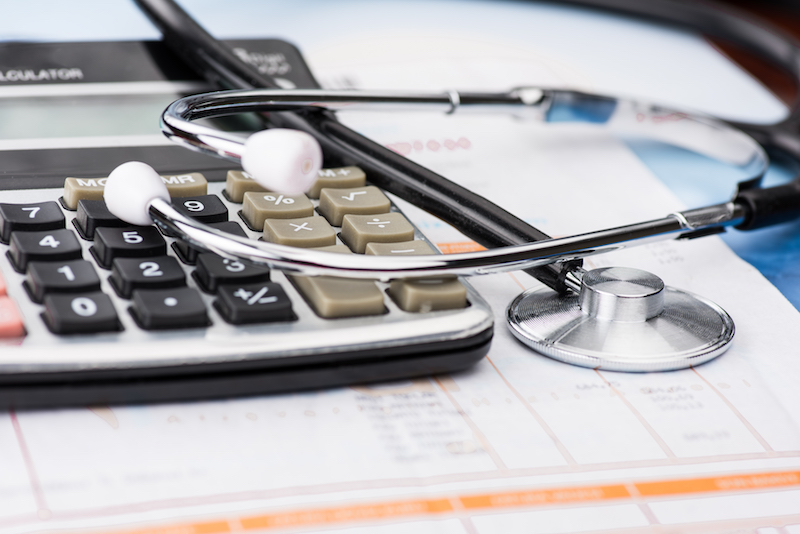
All You Need To Know About Claiming Medical Expenses On Your Personal Income Tax Returns
While Canadians have the privilege of universal healthcare, not all procedures, medications, assessments, and therapies are covered so we’re often left to reach into our own pockets, especially if we don’t have private insurance. But did you know that you can claim medical expenses on your income tax? In Canada, you can take advantage of the Medical Expense Tax Credit (METC). This is a non-refundable tax credit that allows you to claim eligible medical expenses for yourself, your spouse and your dependents.
Here’s what you need to know about how these credits work and how they can help lower your tax bill during tax time.
How Medical Expenses Tax Credit (METC) works?
The medical expense tax credit is a non-refundable tax credit – meaning that you don’t get money back, but you can use tax credit to reduce the tax that you paid or may have to pay. If you paid for healthcare expenses, you may be able to claim them as eligible medical expenses on your income tax and benefit return. These expenses include a wide range of products, procedures and services, such as:
- medical supplies
- chiropractic massage and physio services
- dental care
- travel expenses
Generally, you can claim all amounts paid, even if they were not paid in Canada.
You can only claim the part of an eligible expense for which you have not been or will not be reimbursed. You can view an entire list of eligible medical expenses on the Government of Canada’s website.
How to claim medical expenses?
You can claim medical expenses on line 33099 or 33199 of your tax return under Step 5 – Federal tax.
Line 33099 – You can claim the total eligible medical expenses you or your spouse or common-law partner paid for any of the following persons:
- yourself
- your spouse or common-law partner
- your or your spouse’s or common-law partner’s children who were under 18 years of age at the end of the tax year
Line 33199 – You can claim the part of eligible medical expenses you or your spouse or common-law partner paid for any of the following persons who depended on you for support:
- you or your spouse’s or common-law partner’s children who were 18 years of age or older at the end of the tax year, or grandchildren
- you or your spouse’s or common-law partner’s parents, grandparents, brothers, sisters, uncles, aunts, nephews, or nieces who were residents of Canada at any time in the year
You have to calculate, for each dependant, the medical expenses that you are claiming on line 33199.
Amounts you can claim
Line 33099 – You can claim the total of the eligible expenses minus the lesser of the following amounts:
- $2,421 (for 2021 – changes each year)
- 3% of your net income (line 23600of your tax return)
Line 33199 – You can claim the total of the eligible expenses minus the lesser of the following amounts:
- $2,421 (for 2021 – changes each year)
- 3% of your dependant’s net income (line 23600 of their tax return)
Documents you need to support your medical expenses claim
Do not send any documents with your tax return. Keep them in case the Canada Revenue Agency (CRA) asks to see them later.
- Receipts – Receipts must show the name of the company or individual to whom the expense was paid.
- Prescription
- Certification in writing
- Form T2201, Disability Tax Credit Certificate – The List of common medical expenses indicates if you need to have this form approved by the CRA for your claim. For more information about this approval process, see Disability Tax Credit.
If the person for whom you are claiming the medical expense is already approved for the disability tax credit for 2020, you do not need to send a new Form T2201. Usually when a DTC (Disability Tax Credit) is approved it will cover several years.
